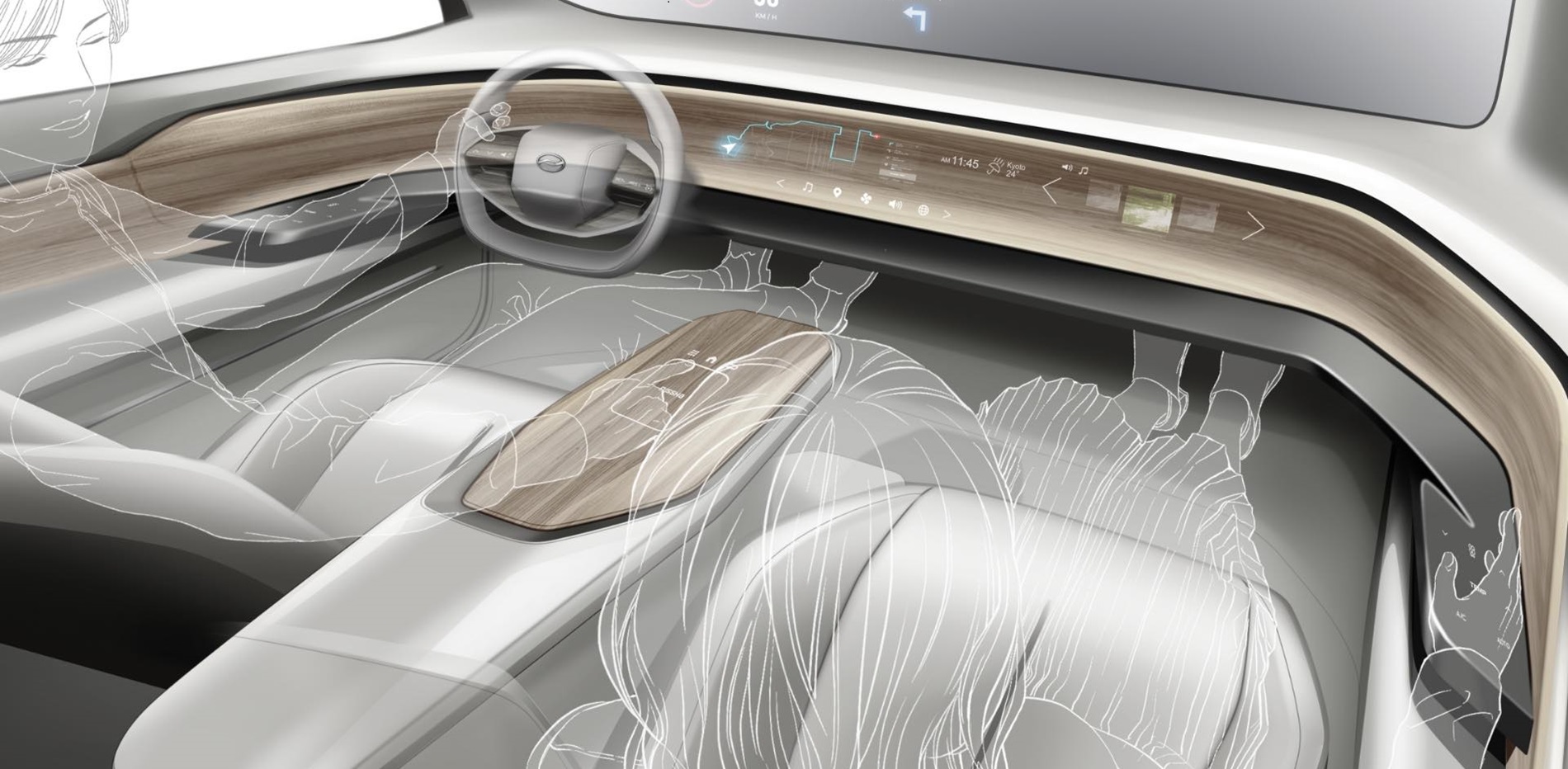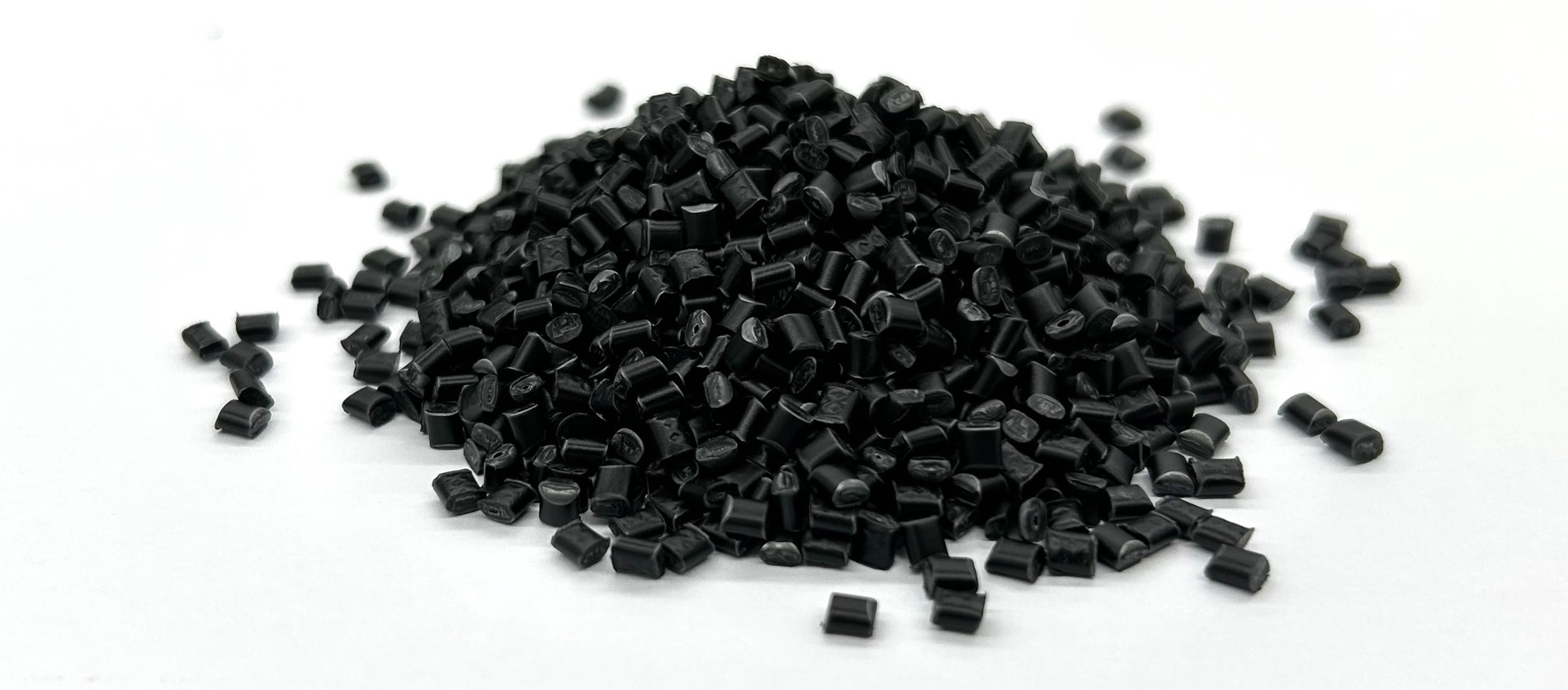
What is Polypropylene, the Material Increasing in Demand for Mobility Interiors?

Polypropylene: Gaining Attention in Mobility Interior Parts

Polypropylene (PP) is the most widely used resin in the mobility industry. However, for many years, mobility Industry has primarily utilized Acrylonitrile Butadiene Styrene (ABS) and Polycarbonate/ABS (PC/ABS) for mobility interior parts. These resins are known for their high impact resistance and ability to achieve a luxurious and aesthetically pleasing finish. Recently, there has been a growing shift from ABS and PC/ABS to PP for several reasons.
Characteristics and Benefits of Polypropylene
PP is utilized in various applications due to its versatile properties. Below are some key characteristics of PP and the benefits they offer:
Lightweight and High Strength
PP is extremely lightweight yet possesses high strength. This makes it an ideal material for mobility components, contributing to overall vehicle weight reduction. Weight reduction directly improves fuel efficiency and reduces CO2 emissions. For example, reducing a vehicle’s weight by 10% can improve fuel efficiency by approximately 5-7%.
Processability and Design Flexibility
PP is extremely lightweight yet possesses high strength. This makes it an ideal material for mobility components, contributing to overall vehicle weight reduction. Weight reduction directly improves fuel efficiency and reduces CO2 emissions. For example, reducing a vehicle’s weight by 10% can improve fuel efficiency by approximately 5-7%.
Heat and Chemical Resistance
PP excels in heat resistance, maintaining stable performance even in high-temperature environments. It also offers high chemical resistance, making it durable against chemicals and oils. These properties make PP suitable for parts used in harsh environments, such as engine compartments and fuel tanks.
Recyclability and Environmental Considerations
PP is easy to recycle, allowing for the reuse of used parts. During the recycling process, PP can be regenerated while maintaining quality, contributing to waste reduction. Using recycled materials also reduces the consumption of virgin materials, promoting resource efficiency.
Advantages of Adopting PP for Mobility Resin Parts
1. Enhancing Recyclability of Mobility Resin Parts
Given the End-of-Life Vehicles (ELV) directive, there is a growing focus on monomaterial PP to enhance the recyclability of mobility resin parts.
2. Utilizing Recycled PP and Bio-composite Materials
Nissha’s decorative molding technology is compatible with low-grade recycled PP as well as biocomposite materials that combine PP with biomass substances. This enables designs that leverage the unique characteristics of these materials, even when they contain visible impurities. Additionally, effective decoration techniques can conceal impurities, meeting diverse designer requirements.
Utilizing Low-Grade Recycled PP
Low-grade recycled PP often contains impurities, which can degrade appearance if molded directly. However, our film decoration technology can conceal impurities, achieving a beautiful finish. This allows for the provision of high-quality products at reduced costs.
Employing Bio-composite Materials
Biocomposite materials, which combine PP with plant-derived fibers and other biomass substances, reduce the use of fossil fuel-based resins, further lowering environmental impact. However, these materials may lack aesthetic appeal due to the presence of impurities. Our film decoration technology can enhance the appearance while retaining the beneficial properties of bio-composites.
3. Balancing Environmental Impact Reduction and Cost Savings
Our PP resin decorated products promote the use of recycled materials, contributing to environmental impact reduction. Simultaneously, substituting ABS resin with PP can significantly reduce costs, offering economic benefits. For mobility designers and engineers, our products provide an optimal solution for balancing environmental considerations and cost savings.
Reducing Environmental Impact
Using recycled materials not only reduces waste but also promotes resource efficiency. Additionally, energy consumption during the manufacturing process can be minimized, leading to overall CO2 emission reductions. Employing our PP resin products enables environmentally conscious product development.
Cost Reduction Benefits
ABS is relatively expensive, often posing cost reduction challenges. By using PP, substantial cost savings can be achieved. Furthermore, our film decoration technology simplifies and streamlines the manufacturing process, enabling further cost reductions. This allows us to offer high-quality products at competitive prices.
Nissha’s PP Resin Decorated Product Lineup
To meet the needs of the mobility industry, Nissha offers PP resin decorated products with the following features:
Type-P for Deep Drawing Shapes:
Features a thin PMMA layer on the surface to ensure high surface hardness without hindering
recyclability.
Type-P Composed Solely of PP:
Supports deep drawing with a simple structure for cost efficiency.
Type-TR with Ink Transferred Only onto PP Resin
Eliminates the need for a preform process, simplifying manufacturing and reducing costs.
Nissha can provide solutions tailored to your needs. If you are interested in transitioning from ABS or PC/ABS to PP, or in decorative molding using recycled PP or bio-composite materials, please contact us through our inquiry form.
